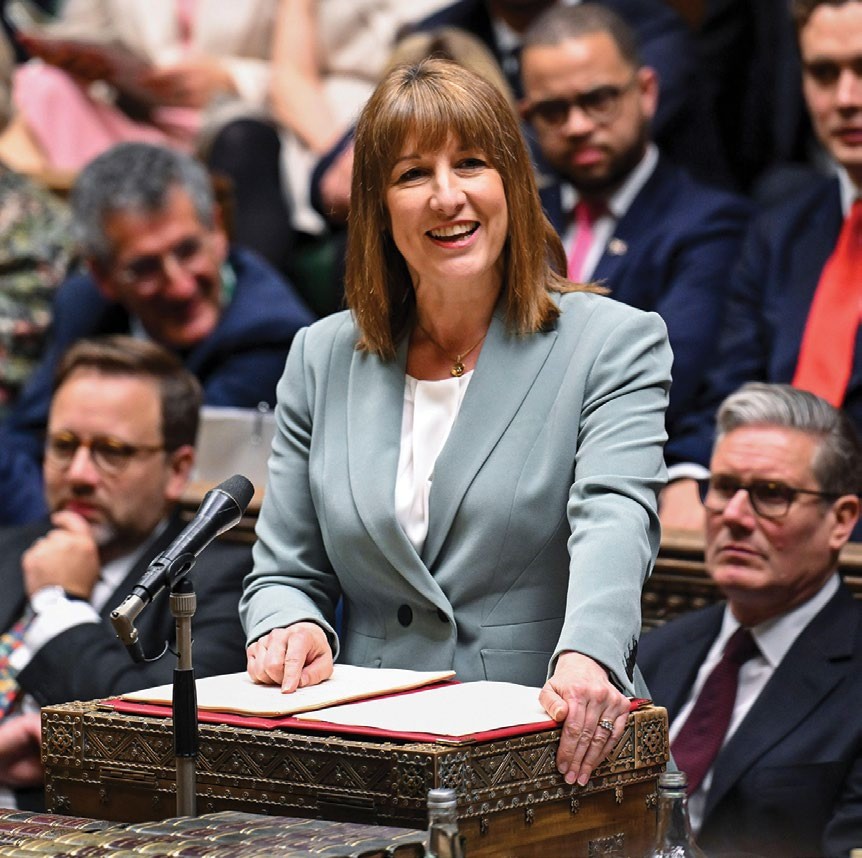Yet more fiscal stimulus announced in Japan
Japan's prime minister Shinzo Abe has announced a ¥13.2trn fiscal package to repair damage caused by October’s Typhoon, put new digital technology into schools and reward shoppers for spending money.
Get the latest financial news, insights and expert analysis from our award-winning MoneyWeek team, to help you understand what really matters when it comes to your finances.
You are now subscribed
Your newsletter sign-up was successful
Want to add more newsletters?

Twice daily
MoneyWeek
Get the latest financial news, insights and expert analysis from our award-winning MoneyWeek team, to help you understand what really matters when it comes to your finances.

Four times a week
Look After My Bills
Sign up to our free money-saving newsletter, filled with the latest news and expert advice to help you find the best tips and deals for managing your bills. Start saving today!
Japan's latest stimulus is to heal a "self-inflicted wound", says Megumi Fujikawa for The Wall Street Journal. Prime Minister Shinzo Abe has announced a 13.2trn (£97.9bn) fiscal package to finance the repair of damage caused by October's Typhoon Hagibis, put new digital technology into schools and reward shoppers for spending money.
The hope is that the package will deliver a 1.4% boost to GDP and offset the negative effect of October's consumption tax hike. The rise from 8% to 10% saw retail sales plummet 7.1% on a year before. Large fiscal stimulus was a hallmark of Abe's early period in power when he pulled all available levers in an effort to end Japan's long period of stagnation.
Yet with Japan running the highest government debt levels in the developed world, he had pledged to start running a tighter ship, says Motoko Rich for The New York Times. The new stimulus threatens to continue "Japan's cycle of borrowing and spending to stoke growth" that never quite seems to end.
MoneyWeek
Subscribe to MoneyWeek today and get your first six magazine issues absolutely FREE

Sign up to Money Morning
Don't miss the latest investment and personal finances news, market analysis, plus money-saving tips with our free twice-daily newsletter
Don't miss the latest investment and personal finances news, market analysis, plus money-saving tips with our free twice-daily newsletter
Still, Japan remains a buy. The government's debt woes are not shared by the private sector, which has net cash of 50trn on its balance sheets. Big business is also becoming more focused on paying out dividends. And the market's forward price/earnings ratio of 11 is at a 48-year low, making Japan the world's cheapest developed market.
Get the latest financial news, insights and expert analysis from our award-winning MoneyWeek team, to help you understand what really matters when it comes to your finances.
Alex is an investment writer who has been contributing to MoneyWeek since 2015. He has been the magazine’s markets editor since 2019.
Alex has a passion for demystifying the often arcane world of finance for a general readership. While financial media tends to focus compulsively on the latest trend, the best opportunities can lie forgotten elsewhere.
He is especially interested in European equities – where his fluent French helps him to cover the continent’s largest bourse – and emerging markets, where his experience living in Beijing, and conversational Chinese, prove useful.
Hailing from Leeds, he studied Philosophy, Politics and Economics at the University of Oxford. He also holds a Master of Public Health from the University of Manchester.
-
 13 ways to get a tax-free income every year
13 ways to get a tax-free income every yearMillions more people are paying income tax as a result of frozen thresholds. But there are still more than a dozen ways to generate an income legally without handing over any of it to HMRC.
-
 When is the Spring Statement and what's expected in it?
When is the Spring Statement and what's expected in it?The Spring Statement might have less of an impact than the Budget, but the annual fiscal event is still key to understanding what is happening in the UK economy and where it’s headed